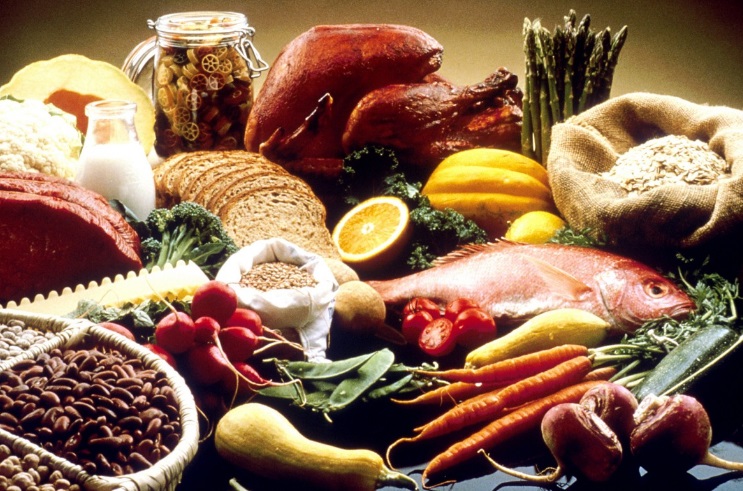
1. We Can Do It poster is from a series based on a World War II Poster, We Can Do It! aka Rosie the Riveter –Source image
International Women’s Day falls on 8th March every year and coincides with Women’s History Month. This special day is a global celebration of the social, economic, cultural and political achievements of women. International Women’s Day also highlights areas where action is still needed to achieve gender parity around the world.
An International Women’s Day EFL lesson can engage with these issues in a highly relevant way. The concept of access to education as a basic human right is reflected in language learning, as a great way to empower women and girls. Continue reading

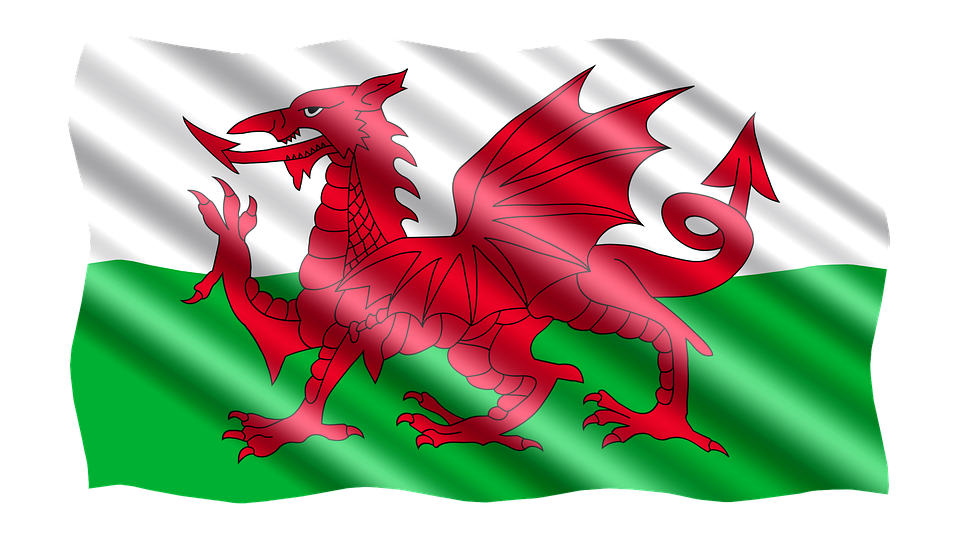
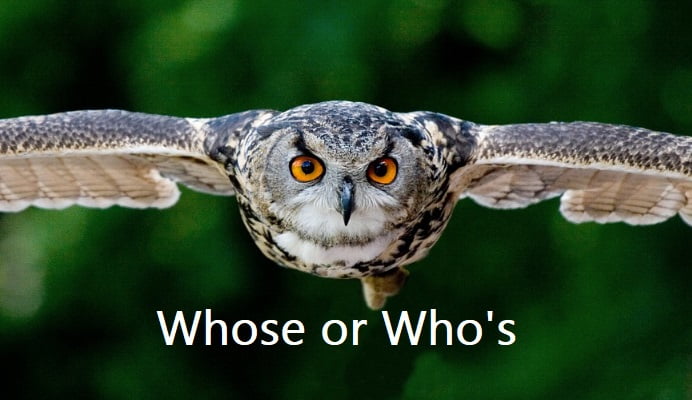
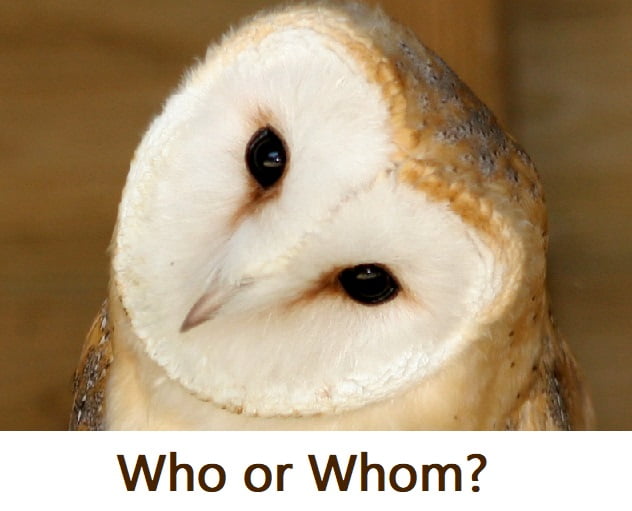
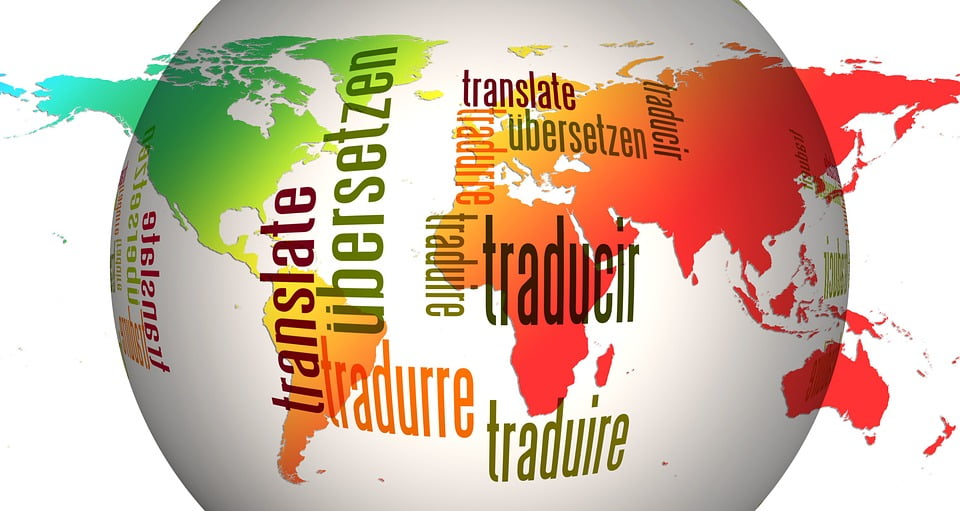
![By GDJ — https://openclipart.org/user-detail/GDJ [<a href="http://creativecommons.org/publicdomain/zero/1.0/deed.en">CC0</a>], <a href="https://commons.wikimedia.org/wiki/File:GDJ-World-Flags-Globe.svg">via Wikimedia Commons</a> English in International Trade: Britain's Secret Weapon Post Brexit?](https://www.myenglishlanguage.com/wp-content/uploads/2017/12/globe-flags.png)

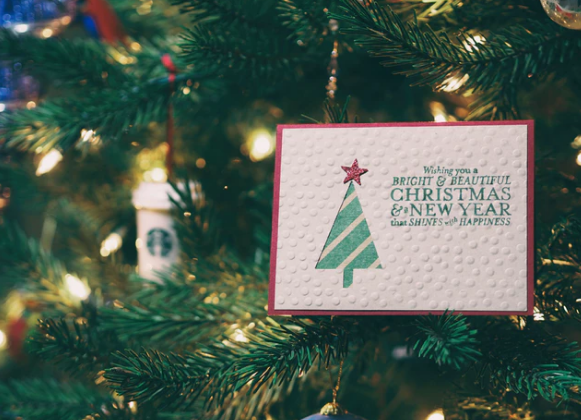
![1. Prince Harry and Meghan Markle on Christmas Day 2017 by Mark Jones [CC BY 2.0], via Wikimedia Commons Prince Harry and Meghan Markle - Wedding Vocabulary](http://www.myenglishlanguage.com/wp-content/uploads/2017/11/prince-harry-meghan-markle2.jpg)
